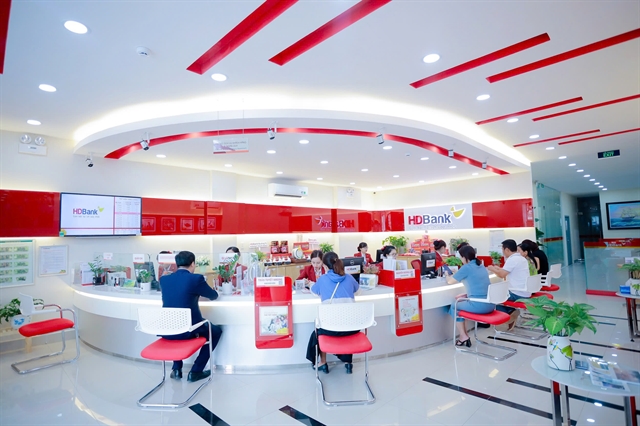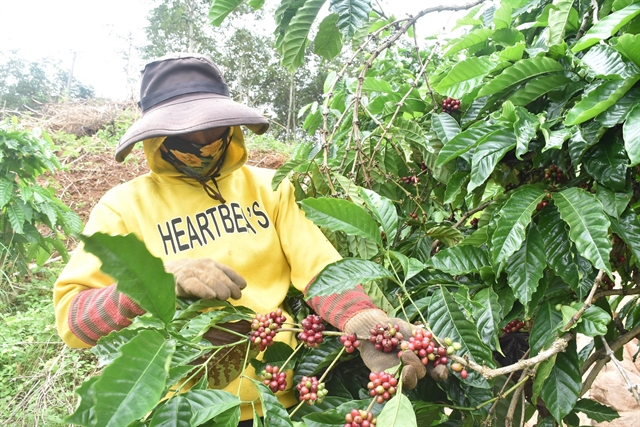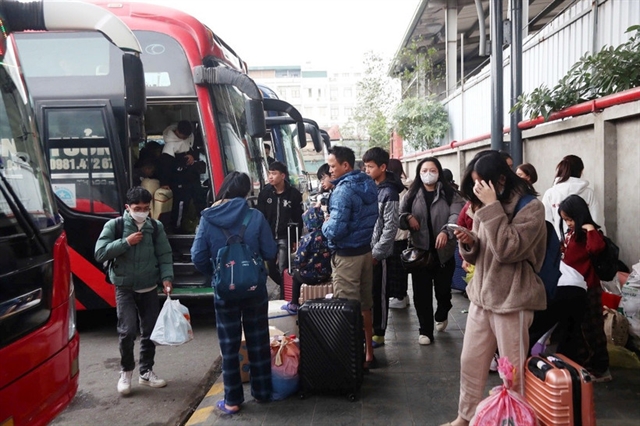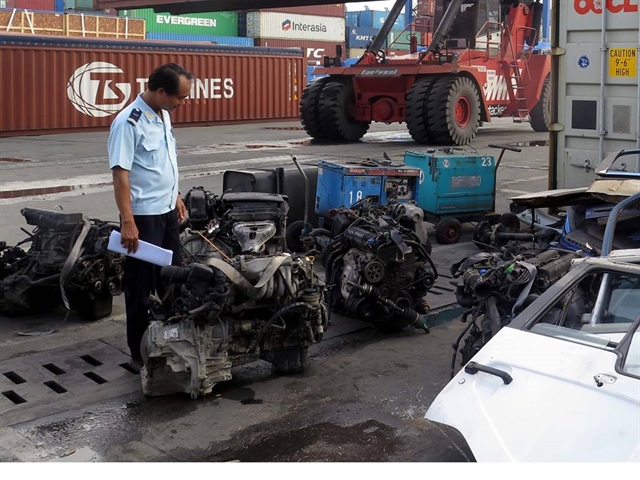 Economy
Economy

Many coffee growers in Tây Nguyên (Central Highlands) have switched to sustainable production models from traditional ones.

|
| Coffee farmers in the Tây Nguyên region are turning to sustainable models to earn higher incomes. — VNA/VNS Photo Nguyên Dung |
HCM CITY — Many coffee growers in Tây Nguyên (Central Highlands) have switched to sustainable production models from traditional ones.
Việt Nam’s largest coffee-growing region has around 639,000ha under the crop, or 92 per cent of the country's total.
But production there is unsustainable and does not fetch high value due to its fragmented and small scale.
A model that combines coffee farming with creating landscapes and ensuring high quality have been chosen by local farmers as solutions for increasing the value of coffee.
More than 10 years ago Phạm Văn Thạch, who has a 60ha plantation in Đắk Nông Province’s Gia Nghĩa city, decided to switch to the landscape model.
“It also offers my family higher productivity and income compared to growing only coffee.”
His coffee garden has three layers, the top comprising fruit and shade trees to regulate temperatures, the middle for growing coffee and the lowest being a grass meadow.
It meets organic production standards in the absence of use of drugs and plant protection fertilizers.
Thạch uses micro-organisms, manure from goats and cows and coffee husk to make fertilisers.
He is also founder of the Đắk Nông Organic Agriculture Cooperative that specialises in the coffee landscape model.
It has around 100 members.
Their coffee output and quality are guaranteed and in return they get paid 30 - 50 per cent more than market prices.
“Members of the co-operative have a more stable income compared to traditional coffee production,” Thạch said.
Hồ Gấm, chairman of the province Farmers Association, said the landscape coffee model was opening new avenues for local coffee production and has yielded good results so far.
“This model is replicated in other localities to ensure sustainable coffee development.”
Meanwhile, Đắk Lắk Province is focusing on all of economic, social and environmental sustainability.
The province Department of Agriculture and Rural Development will continue to review the sustainable coffee project, giving priority to developing high-quality, competitive and high-value-added products.
The province will focus on developing coffee products on an area of 107,000ha with the obtained certificate of geographical indication for the ‘Buôn Ma Thuột Coffee’ trademark.
It will give priority to promote coordination with the Sustainable Trade Initiative and relevant units which are carrying out the landscape coffee project on an area of 90,000ha.
Its first phase has been launched on an area of 5,200ha in Krông Năng District.
Phan Việt Hà, deputy director of the Ministry of Agriculture and Rural Development’s Central Highlands Agro-Forestry Science and Technology Institute, said relevant agencies needed to restructure coffee production areas to diversify products and increase value, promoting organic and other quality standards.
Coffee farmers needed to embrace technology, and grow new varieties with high quality and productivity, he said.
They should limit the use of pesticides and tie up with businesses to build brands for their coffee. — VNS




